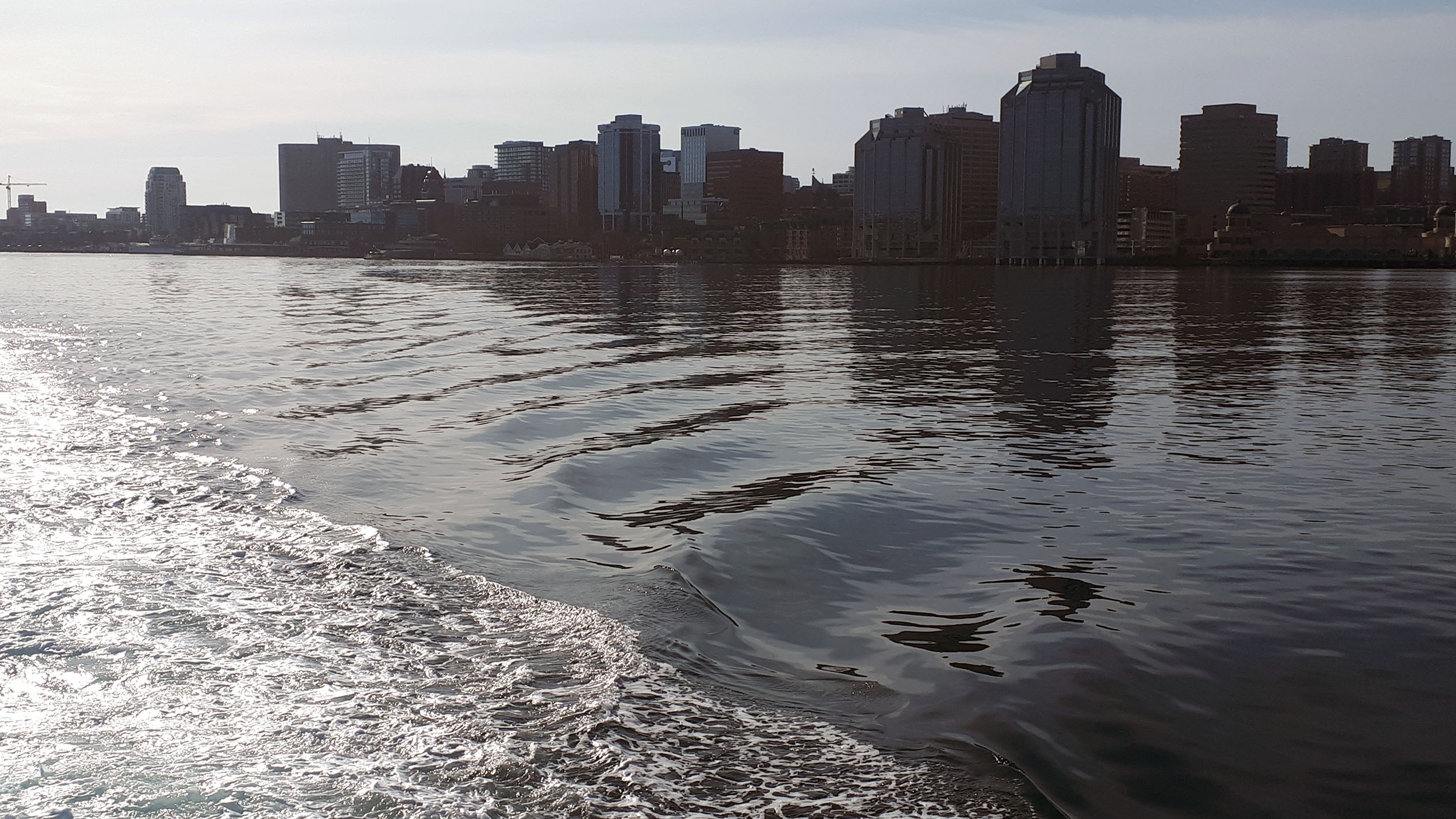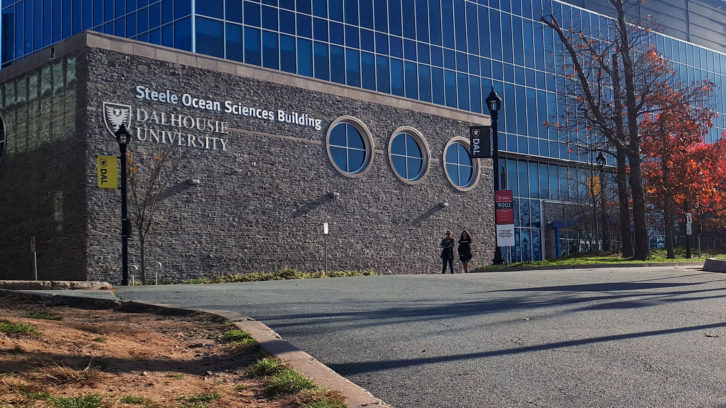Savage pushes power of cities in taking climate action at COP27
Mayor travels to Egypt representing Canadian municipalities and showcasing Halifax’s work against climate change

caption
Halifax's climate action plan is central to Mayor Mike Savage's attendance at COP27 in Egypt this week.Halifax Mayor Mike Savage left for Egypt on Wednesday to showcase what Canadian cities can do to fight climate change.
The mayor is heading for COP27, the 27th annual United Nations Conference on Climate Change. This year the event is taking place in Sharm el-Sheikh, Egypt.
“We’re on a number of panels promoting the importance of municipal action on climate change. And as the mayor of a city that has a very good climate action plan, I think it’s helpful,” Savage said on Tuesday.
The conference is attended by countries that signed the United Nations Framework Convention on Climate Change, an agreement that lays out the legal framework for international climate action. Related stories
This is Savage’s second time at the conference, having attended COP26 last year in Glasgow, Scotland. Last year, he hoped to highlight the importance and urgency of combating climate change, according to a news release from the Federation of Canadian Municipalities. Now his focus is to show municipal leadership against climate change.
Halifax’s climate action plan, HalifACT, was voted the top project of the year by Clean50, an organization that recognizes leaders in sustainability and environmentalism across Canada. Clean50 honours top projects within two years of implementation based on “their innovation, their ability to inform and inspire other Canadians,” according to the Clean50 website.
Clean50 lauded HalifACT as a project that should be enacted nationally and serve as a framework for other municipalities in the country.
Savage said he wants to showcase Halifax. On Thursday, he participated in a panel at the conference led by the Ocean Frontier Institute (OFI), which is headquartered at Dalhousie University. The institute is pushing the need to measure carbon levels in oceans outside national boundaries. Anya Waite, the CEO and scientific director of OFI, led the Ocean Observations for Climate Change panel Savage joined.

caption
The Steele Ocean Sciences Building is home to the Ocean Frontier Institute, which is also presenting at COP27Savage also participated in a panel led by FCM on how city leaders can achieve net zero emissions. “As Big Cities Mayors Caucus chair, I have a birds-eye view of what is happening on climate across Canada’s biggest cities. And I must say – it is impressive,” FCM’s Twitter account quoted Savage as saying during the panel.
Savage isn’t the only mayor to attend this year.
“There’ll be some other municipal leaders, internationally, that I’ll get a chance to meet about some of the cities that are taking action on climate,” Savage said on Tuesday.
Edmonton’s Mayor, Amarjeet Sohi, will attend along with mayors from the United States Conference of Mayors, representing cities with populations of more than 30,000.
Accompanying Savage and Sohi is the Canadian delegation led by federal Environment Minister Steven Guilbeault. Canada’s ambassador for climate change, Catherine Stewart and Steven Kuhn, Canada’s chief negotiator for climate change, are joining Guilbeault.
Halifax Mayor and Chair of FCM’s Big City Mayors’ Caucus @MikeSavageHFX: “As Big Cities Mayors Caucus Chair, I have a birds-eye view of what is happening on climate across Canada’s biggest cities. And I must say- it is impressive.”
— FCM (@FCM_online) November 11, 2022
Brenna Walsh, the energy co-ordinator at the Ecology Action Centre, hopes Savage’s attendance at COP will be a chance to learn from other cities and showcase Halifax’s climate plan.
“I think it’s generally good to see that the city is engaging at this level on the climate emergency, but I think there are lessons that can be learned,” Walsh said. “I know Halifax does have an ambitious climate plan, but they can probably learn important lessons from how other leading cities take climate action.”
Halifax’s climate plan focuses on reducing carbon emissions to contribute to staying within the 1.5-degree temperature increase limit by 2030 that environmental experts have set as a target for governments to meet. By 2050, the city is hoping to have net-zero carbon emissions. The plan would retrofit buildings, update the power grid to be renewable, and increase green space in the city.
Walsh acknowledges that HalifACT does have shortcomings in its implementation. The project is only 30 per cent on track, according to a staff report released on Nov. 3.
“I think there’s definitely things that they can be leaning into a little bit more, thinking of aspects like . . . how the climate action tax will be funding some of these core areas that don’t have as much progress,” Walsh said.
COP27 runs until Nov. 18.
About the author
Angela Capobianco
Angela Capobianco (she/her) is a Halifax-born journalist. She has a Master's degree in history from Queen's University and hopes to use her skills...
